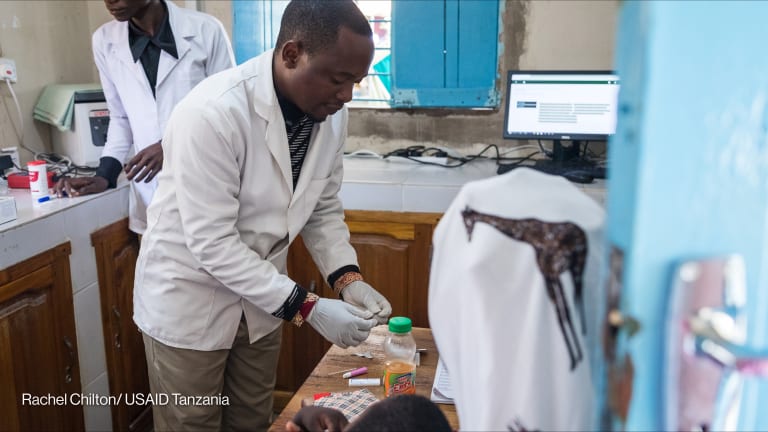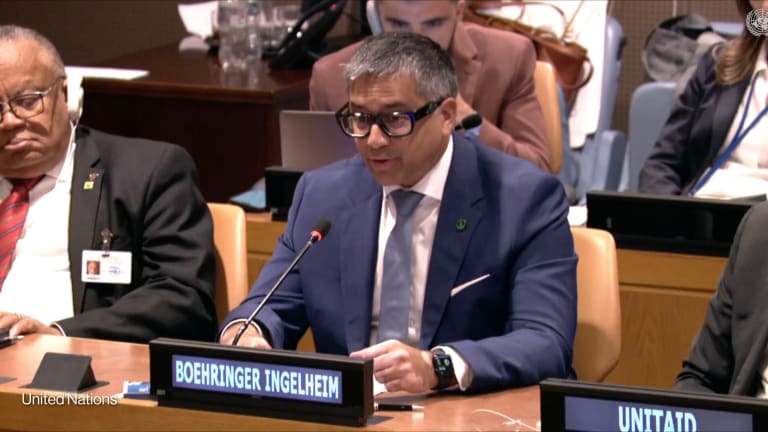It has been said the most worthwhile achievements are the result of many small tasks being accomplished in the same direction.
If that is true, the path to achieving large-scale social change should be no exception. In considering the enormity of the challenges we face in global health — creating an AIDS-free generation, ending preventable maternal and child death or fighting Ebola — how, then, can we expect to solve pressing global issues without imagining a more holistic and coordinated approach?
In recent years, organizations such as the U.S. Agency for International Development, UNITAID, the Clinton Health Access Initiative, the Global Fund to Fight AIDS, Tuberculosis and Malaria and others have addressed this question by working together to enact ecosystem-level change in health care markets through a tactic known as market shaping. By examining the totality of buyers, sellers and actors in the marketplace, these organizations are coordinating to shape markets by leveraging their purchasing power, technical leadership and influence to address five archetypal market shortcomings — what we refer to as the “5As”: affordability, availability, assured quality, appropriate design and awareness, each individually capable of preventing access to potentially lifesaving products.
Read more #HealthyMeans articles:
● HIV in children — we need to do more
● Time to end AIDS and (finally) leave no one behind post-2015
● Toward a global partnership for an AIDS-free generation








